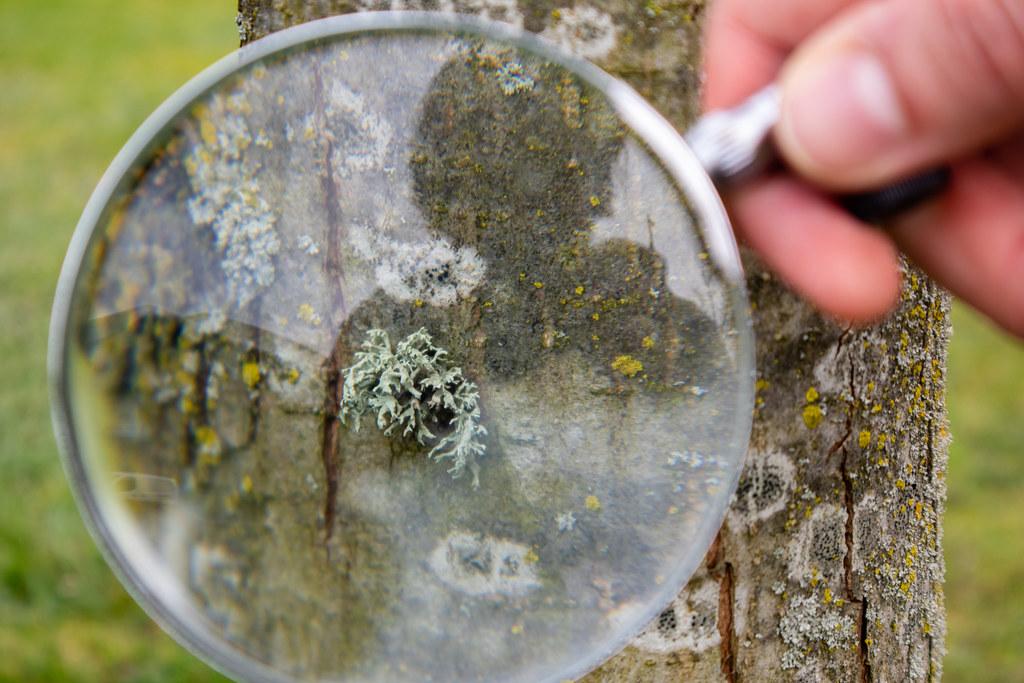From the pursuit of computers with more processing power, larger screens with higher resolution to the more frequent deployment of technology to solve problems. Technological developments follow a trend of maximisation: the idea that more is also better. But the current trend raises questions about the ecological impact of technology. The pursuit of more, after all, is not always better. For instance, current technological developments also often lead to the use of more energy and raw materials.
The permacomputing movement opposes maximalism and focuses on sustainable digital tools by using the principles of permaculture. While permacomputing encourages the use of technology as a means to strengthen our ecosystems, it also acknowledges that technology is not a panacea. By encouraging experimentation based on the concept of limits, permacomputing stimulates playful and creative practices and emerges as a potential area of convergence between creative coding, the arts, design, and political ecology.
During this participatory roundtable on permacomputing, Vincent Moulinet (Institute Francais) will talk with Judith Veenkamp (Waag Futurelab), artist Dasha Illina and the audience. Join us in imagining a future in which technology is in balance with the planet, a world without systemic reliance on digital solutions.
Vincent Moulinet
Vincent Moulinet is an artist, curator and game designer who uses real-time media and video games as a driving force and method for research. Moulinet creates interconnected worlds that share characters, artefacts and myths. In doing so, he uses his own real-word observations, as well as his own speculative ideas. In particular, his interests include changing biological architectures, planetary sensitivity and queer practices.
Dasha Ilina
Dasha Ilina is a Russian techno-critical artist based in Paris. Through the employment of low-tech and DIY approaches, her work questions the desire to incorporate modern technology into our daily lives by highlighting the implications of actually doing so. Her practice engages the public in order to facilitate a space for the development of critical thought regarding social imperatives for care of oneself and others, privacy in the digital age, and the reflexive contemporary urge to turn to technology for answers.
Judith Veenkamp
Judith Veenkamp is the lead of Waag Futurelab's Urban Ecology Lab and head of Life programme at Waag. The Urban Ecology Lab explores how different life forms, materials and socio-ecological systems come together in the city. Through local and small-scale experiments, we contribute to the transformation of our urban jungle into a vibrant ecosystem. Central to it are shared experiences between people and other life forms. We develop methods to (re)recognise the polyphony of an area, and deepen the imagination in order to arrive at new visions for the design of the city.
About Minimal Circuit NL
This programme is part of Minimal Circuit NL. Minimal Circuit NL is a series of events and meetings on digital cultures from 12-14 November 2024, organised by Institut français NL in partnership with Nieuwe Instituut in Rotterdam, Creative Coding in Utrecht, and Waag Futurelab in Amsterdam. The programme will use “permacomputing” as a starting point to explore the connections it fosters between video games, contemporary arts, and the concept of limits.

